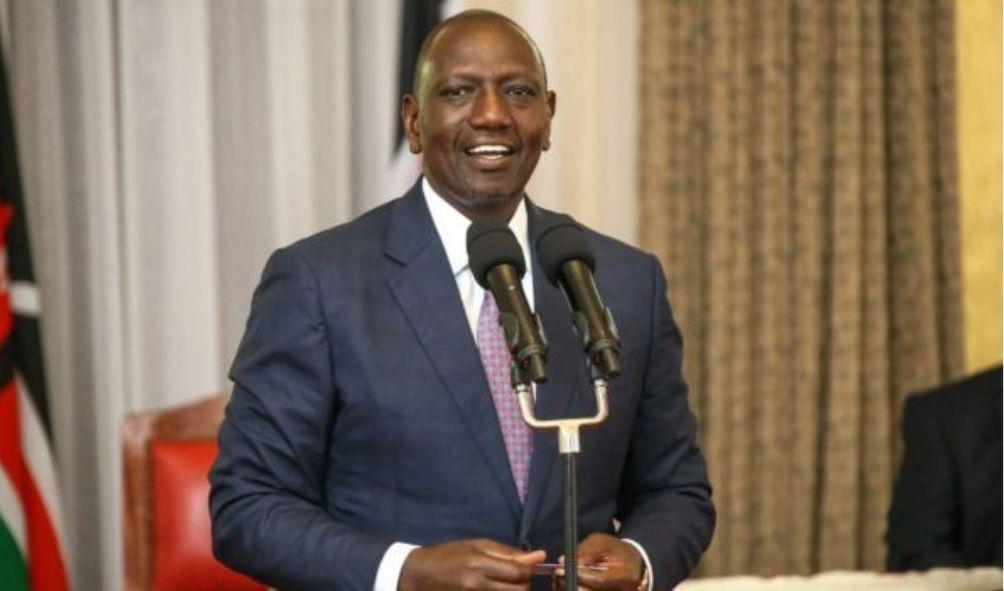Ruto Donates 30 Acres to WHO Near Kenyatta University
On Monday, April 24, President William Ruto donated 30 acres of land to the World Health Organization (WHO) for the development of a regional health emergency hub and training center.
During the launch of a CyberKnife at the Kenyatta University Referral Hospital, the Head of State stated that the emergency hub will likely be the only one of its kind on the African continent.
“I am thrilled with the decision to make 30 acres of unused land available to the World Health Organization for the development of a regional health emergency hub and training center for Africa.
Ruto stated, “I observe that this provision leaves sufficient land available for the future expansion of the university and this hospital.”
He added that the government’s partnership with WHO would yield numerous benefits, including the creation of employment opportunities.
“Today’s MOU establishes the framework for Kenya and WHO to collaborate on health, training, and rescue efforts during natural disasters and other emergencies.”
“Other anticipated benefits of this collaboration include employment opportunities, capacity building, and technology transfer,” Ruto added.
ALSO READ: President Ruto Promotes Alternative Dispute Resolution for Minor Offences
Additionally, the president pledged to assist Kenyatta University in completing its children’s hospital and pediatric cancer wing.
Earlier in the day, Health CS Susan Nakhumicha and WHO country representative Abdourahmane Diallo signed a Memorandum of Understanding (MOU).
“The Cabinet Secretary for Health, Susan Nakhumicha Wafula, and the World Health Organization Country Representative, Abdourahmane Diallo, signed a Memorandum of Understanding (MOU) to establish a WHO Regional Emergency Hub for Eastern and Southern Africa in Nairobi,” a portion of the ministry’s statement read.
According to the ministry, the hub will improve emergency response throughout the nation and the region.
“The hub will also enhance our ability to coordinate with other countries in the region, and through partnerships with regional bodies such as the African Union and the East African Community, we can improve our collective response to emergencies,” continued the statement.
HEY READER. PLEASE SUPPORT THIS SITE BY CLICKING ADS. DON’T FORGET TO HIT THE NOTIFICATION BELL FOR MORE UPDATES AROUND THE GLOBE.
